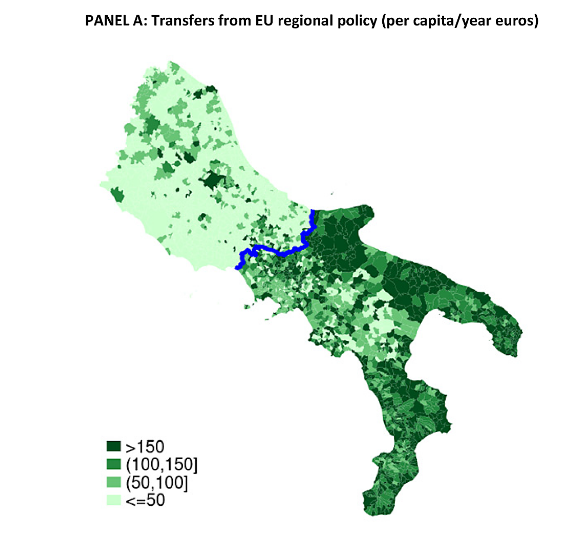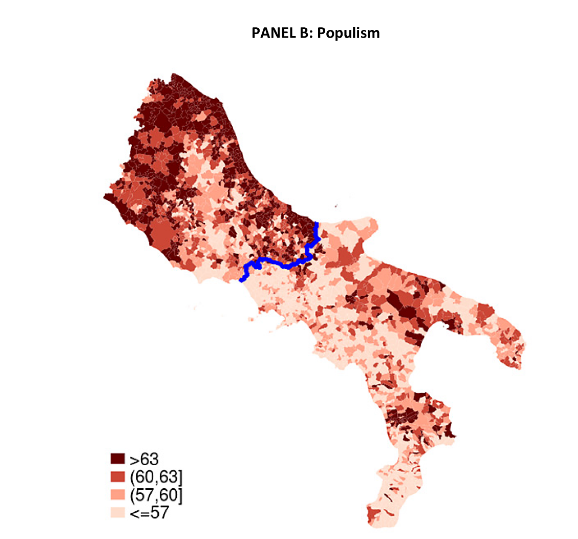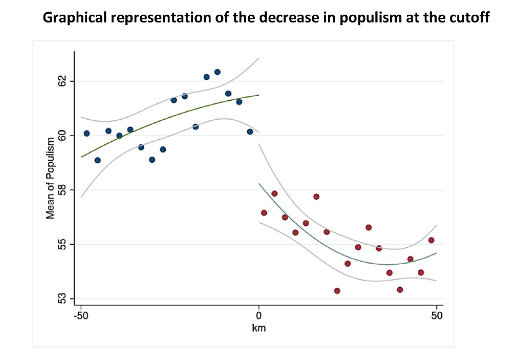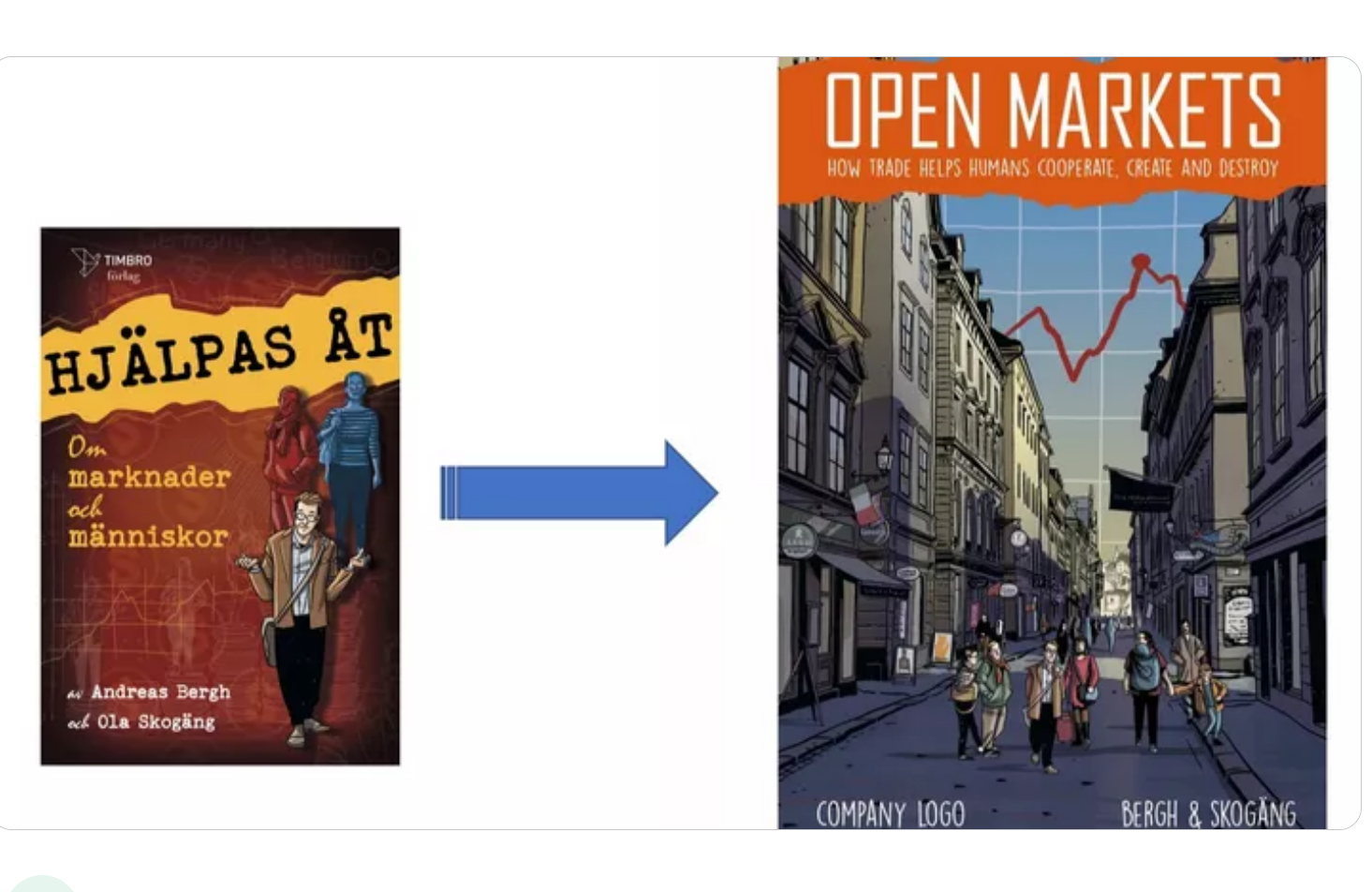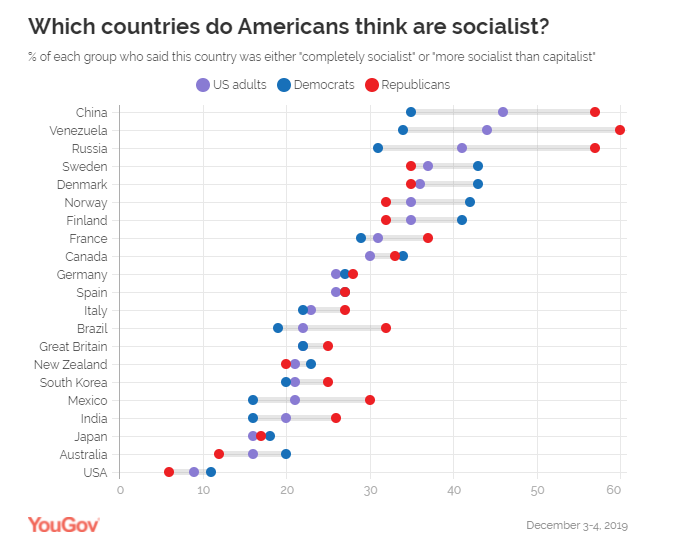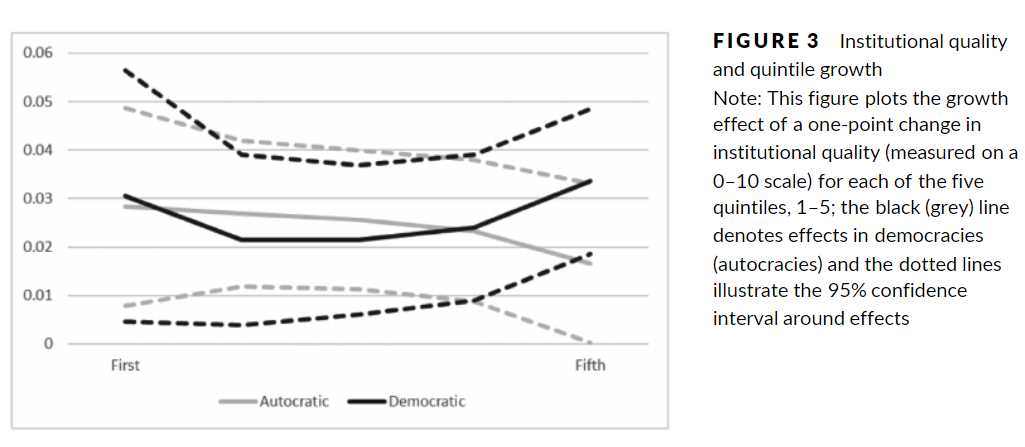Everything but the result...
This is a HORRIBLE abstract: It has the motivation, the question, the method, the data - and a claim about the findings being important. But not even a sentence on what the findings are.
Studies that focus on individual-level determinants of support for right-wing populist candidates and parties find little evidence that trade-induced economic hardship is important. By contrast, research that analyzes aggregate data often comes to the opposite conclusion: regions that are highly exposed to trade are more supportive of populist parties and candidates than other regions. To address these contradictory findings, we argue that import shocks engender a broad-based response at the regional level, beyond those whose economic interests are immediately and directly affected, and that this reaction is mediated through xenophobic beliefs about immigrants. Using individual-level data from the eighth wave of the European Social Survey (2016), regional import shock data for nine European countries and causal mediation analysis, we explore how imports affect support for right-wing populists in Europe. Our findings have important implications for understanding the relationship between individual- and contextual-level factors and support for the far right
Source: Hays, J, J Lim, och JJ Spoon. "The path from trade to right-wing populism in Europe". ELECTORAL STUDIES 60 (augusti 2019). https://doi.org/10.1016/j.electstud.2019.04.002.
